

Few people ever said having a job was stress free. Yet with so many people beginning to crumble under increasing stress, maybe turning to freelancing is worth a punt.
If we want to blame crippling work-related stress on the modern never-switched-off mentality, that’s a good place to start. The ease with which we are now replaceable is part of the problem, too. So is the real fear that our employer may rapidly need to cut costs as soon as next week.

Each of these factors prompts us to keep pouring even more of ourselves into our work. We forego any form of work-life balance and we neglect our health. We’re even using websites to create excuses for us to save us from another day in the office. But how far can we keep pushing, and for how long, before the cards topple over?
Nicole Fallon Taylor talks about this in a recent Business Insider article:
According to a new survey by workforce stress management platform meQuilibrium, 78 percent of workers put their stress levels at medium to very high, and some of them have missed a day of work (31 percent) or even quit their jobs (40 percent) because of it.
She goes on to say, “employee absenteeism, low morale and reduced productivity are the true cost of a high-stress work environment”. She then talks about meQuilibrium’s proposed solution.
To help employees develop resilience…the desire to aim high and carry on in the face of rejection or failure.
There’s no other word for this “solution” than laughable. Telling people to thicken their skin and power through the burnout is the worst advice I’ve ever read on this topic. But those 40% who’ve left jobs due to stress? They could easily have had the right idea, especially if they ventured into freelancing. Here’s why.
As a freelancer, you’ll most likely work for a few clients simultaneously. If one of those clients decides not to continue the contract, you’re still able to make an income. You can then spend the additional free time browsing some of the many freelancing sites to find your next project.
On the other hand, as a traditional employee all your eggs are in one basket. If your employer decides they no longer need you, you’ll very quickly find yourself down a raging creek with not a paddle in sight.
If your clients don’t need you somewhere at set times, you’ll largely be in control of your own time. If you’re feeling a bit sleep deprived, you can choose to have an extra hour in bed. You could even completely change your sleeping habits to something that better suits your body. If you want to meet some friends for lunch, you can decide to work during the evening, instead.
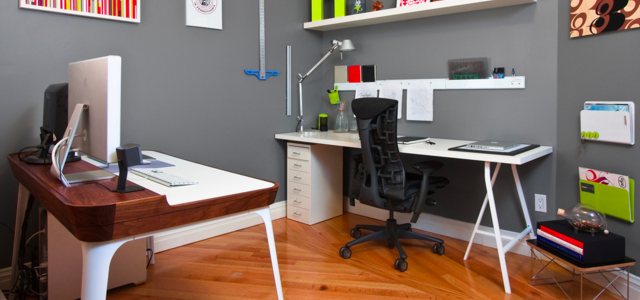
The return of this long-lost freedom over how you spend the bulk of your waking hours can often bring you a sense of control that’s needed to shirk much stress.
One of the most hated aspects of virtually any job is the commute. Time utterly squandered breathing others’ sweat in the metro, and others’ fumes in the traffic jam. Money wasted getting to and from work.
Imagine being able to work from home each day, spending that extra time recuperating from the stress you’re living through now, and putting that money to better use. Better still; spending that time with your family.
Of course, if you don’t want to work from home, you could always work from coffee-shops, co-working spaces, or even rent your own office or quiet space.
If you’re a freelancer with a desirable skill (programming, for instance), provided you can back up your claims, you can effectively choose your own salary. This calculator will help you find out what you should be charging
As you won’t have the typically huge overheads of your employer, you should be able to double or multiply your current hourly rate once you have some initial freelance work under your belt. This is true for being a profitable graphic designer, successful web developer, and coder. The same can be true for freelance writing, but it’s somewhat more difficult to command those higher prices within a short timeframe.
Remember that a high hourly rate isn’t “success” here, though. You need to make sure you can work enough hours to earn a decent salary.
It’s true that you can still squeeze some creativity out of your cubicle, but this is only temporary. Freelancing can permenantly liberate your creativity from the stifling bureaucracy it’s facing at work.

Once you go self-employed, you will need to develop ample self-discipline, but you also have free reign over your time. You can now choose only projects that are creatively exciting. You can design your own website. Rewrite that sales copy. Come up with ingenious project and product ideas. The creative world really is your oyster.
After being self-employed for quite a few years, the idea of needing to ask for permission to take a day off, or to go on vacation, seems utterly alien.
For a freelancer, so long as you have a good relationship with your clients, you can go on an adventurous vacation when you want to. What’s more, if you finish your work a few days early, you can enjoy an ad hoc holiday without someone incessantly filling your time with never-ending tasks. If desired, you could even use some of these techy travel tips to help you work from the road.
When you design and work from your own office, you create the office culture. If you want to have Work-in-Underwear-Wednesdays, that’s entirely your prerogative. Want to wave goodbye to those ridiculous power-games? Cheerio!
By being outside of the structure and culture of your clients’ businesses, you’re still master of your domain. They will generally hire you as a contractor, not as an employee. The former usually comes with more respect and a lot more autonomy.
Becoming a freelancer, if only for a few months, offers huge opportunities for improving your resume. If you see a project you’re at last excited to work on, there’s no reason why you can’t go for it, provided you have the skills.

After all, the stress you’re experiencing at work may be due to boredom, and an urge to do something completely fresh. Freelancing can offer a host of new opportunities that will serve only to build your experience and skills, and leave headhunters banging down your door.
This isn’t all to say that being a freelancer is entirely rosy.
You will struggle to find your first few clients. You may get lonely sometimes. Filing your own taxes could drive you insane. Paying your own health insurance may cost more than you think.
You may balk at finding professional invoice templates. You’ll have problems with your website. You may end up becoming obsessed with productivity.
These are all very real possibilities. So it’s up to you to compare the definite upsides with the speculative downsides, and see if becoming a freelancer could work for you.
In many cases, including my own, the downsides of freelancing were dwarfed by the downsides of traditional employment. The upsides of freelancing, however, dwarfed those of being an employee, making this a somewhat easy decision, and one I only wish I’d made earlier.
If stress is turning your work-life into a living hell, how long can you hang in there? At what point is enough, enough? Will simply moving jobs be enough, or will you need to take an entirely different route?
Image Credits: Working from home by szefei via Shutterstock, Shannon, May 28, 2011 by Pat Pilon (Flickr), New Workspace by Nick Keppol (Flickr), On Creativity by Linus Bohman (Flickr), Alex France – Uni interview today at Huddersfield [Day 23] by Alex Fance (Flickr)

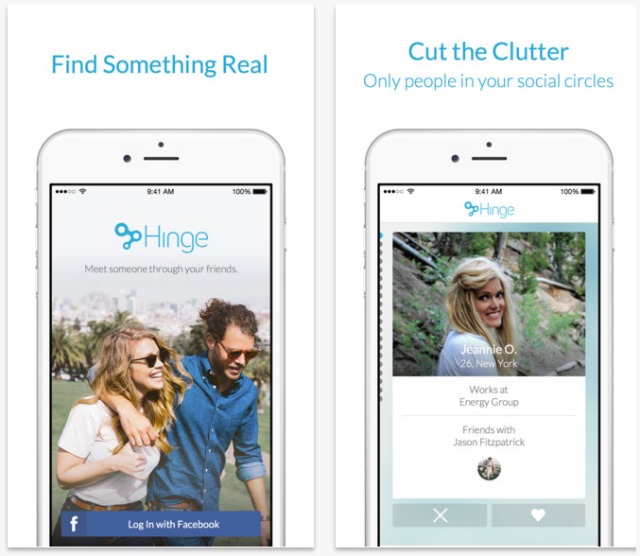
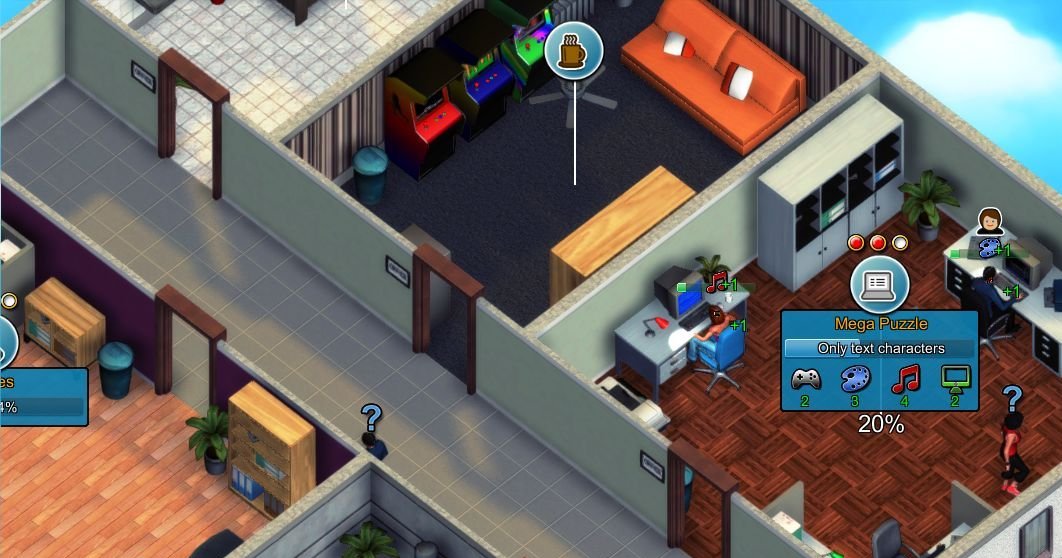

 Secrets of Deltora Book Review
Secrets of Deltora Book Review Save and Manage game progress in the Cloud on the PC
Save and Manage game progress in the Cloud on the PC Gameranx Interviews Two Tribes: Courtney Fortune and Alex Nahai
Gameranx Interviews Two Tribes: Courtney Fortune and Alex Nahai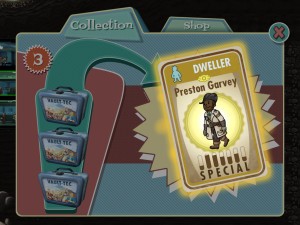 Fallout 4 Character Spotted in Fallout Shelter, the iOS Game
Fallout 4 Character Spotted in Fallout Shelter, the iOS Game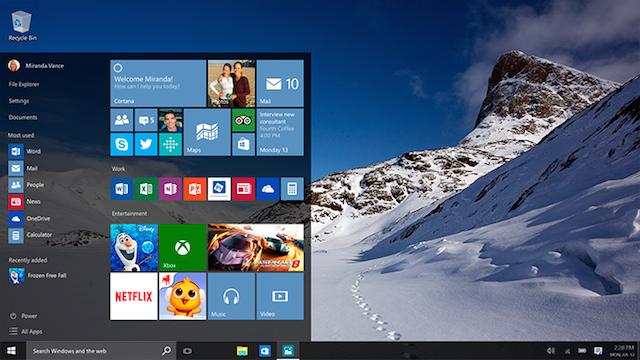 8 Windows Projects for the New Year
8 Windows Projects for the New Year